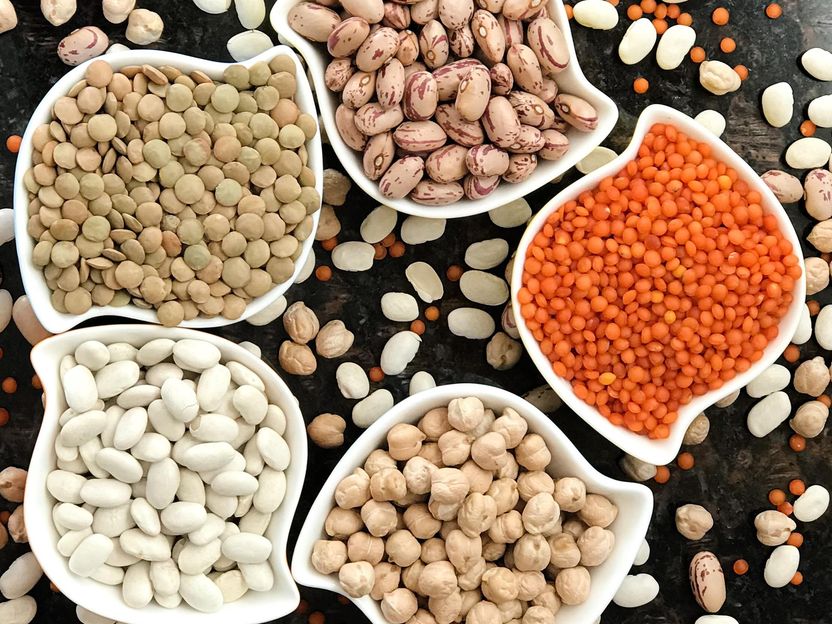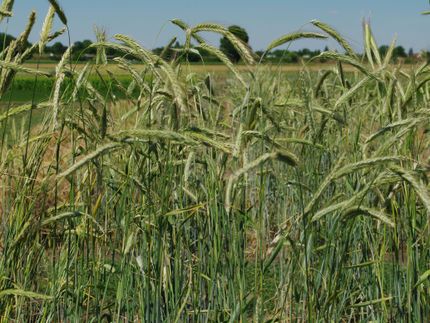Alternative proteins for new foods
University of Bayreuth is member of global network
Advertisement
Alternative proteins are now considered essential components of a sustainable, safe and equitable diet. The Good Food Institute (GFI) is a globally active non-governmental organization that aims to advance the research, production, use and marketing of these proteins. The University of Bayreuth has recently become a member of the GFI's "Alt Protein Project". Alexandra Molitorisová, Federica Ronchetti and Alessandro Monaco, research assistants at the Chair of food law, are leading the new "Bayreuth-Kulmbach Alt Protein Project".

unsplash
A total of 36 universities worldwide are now involved in the GFI's Alt Protein Project, each with its own project. These include the universities of Cambridge, Oxford, Stanford, Berkeley, Johns Hopkins, Duke, UC Davis, Melbourne, Cornell, Chapel Hill, Tufts, Tel Aviv and Utrecht.
One of the ways alternative proteins differ from most proteins found in commercially available foods is that their production generally involves less use of agricultural land and fewer climate-damaging emissions. They are found in sustainably grown crops, but also in products from sustainable livestock farming or in fermentation-based products. Through their research, teaching and knowledge transfer activities, the members of the GFI's Alt Protein Project aim to ensure that some pressing global challenges - food security, climate change mitigation and sustainable agriculture - can be addressed with the help of new food systems in which alternative proteins play a central role.
Alexandra Molitorisová, Federica Ronchetti and Alessandro Monaco successfully applied to the GFI for membership in the "Alt Protein Project" with their "Bayreuth-Kulmbach Alt Protein Project". They were supported by Prof. Dr. Kai Purnhagen, Chair of Food Law at the Kulmbach site of the University of Bayreuth. Students, teachers and researchers at the University of Bayreuth are invited to contribute their expertise to this project. At the Faculty of Life Sciences at the Kulmbach site, a course entitled "Alternative Proteins: Policies & Regulation" is currently being designed to be offered as an elective in the master's program "Global Food, Nutrition and Health". Also planned are regular networking meetings with project teams from other member universities in the GFI's "Alt Protein Project," fireside chats on the topic of "Alternative Proteins," refectory events and barbecues featuring alternative protein products, Slow Food events with fermentation experiments, and fishbowl debates on political and legal aspects - and much more. There will also be offerings for startups and students who want to develop and implement their own business plans in the field of alternative proteins. "All in all, it's about combining research, teaching, collaboration and fun," says Alessandro Monaco.
Note: This article has been translated using a computer system without human intervention. LUMITOS offers these automatic translations to present a wider range of current news. Since this article has been translated with automatic translation, it is possible that it contains errors in vocabulary, syntax or grammar. The original article in German can be found here.
































































